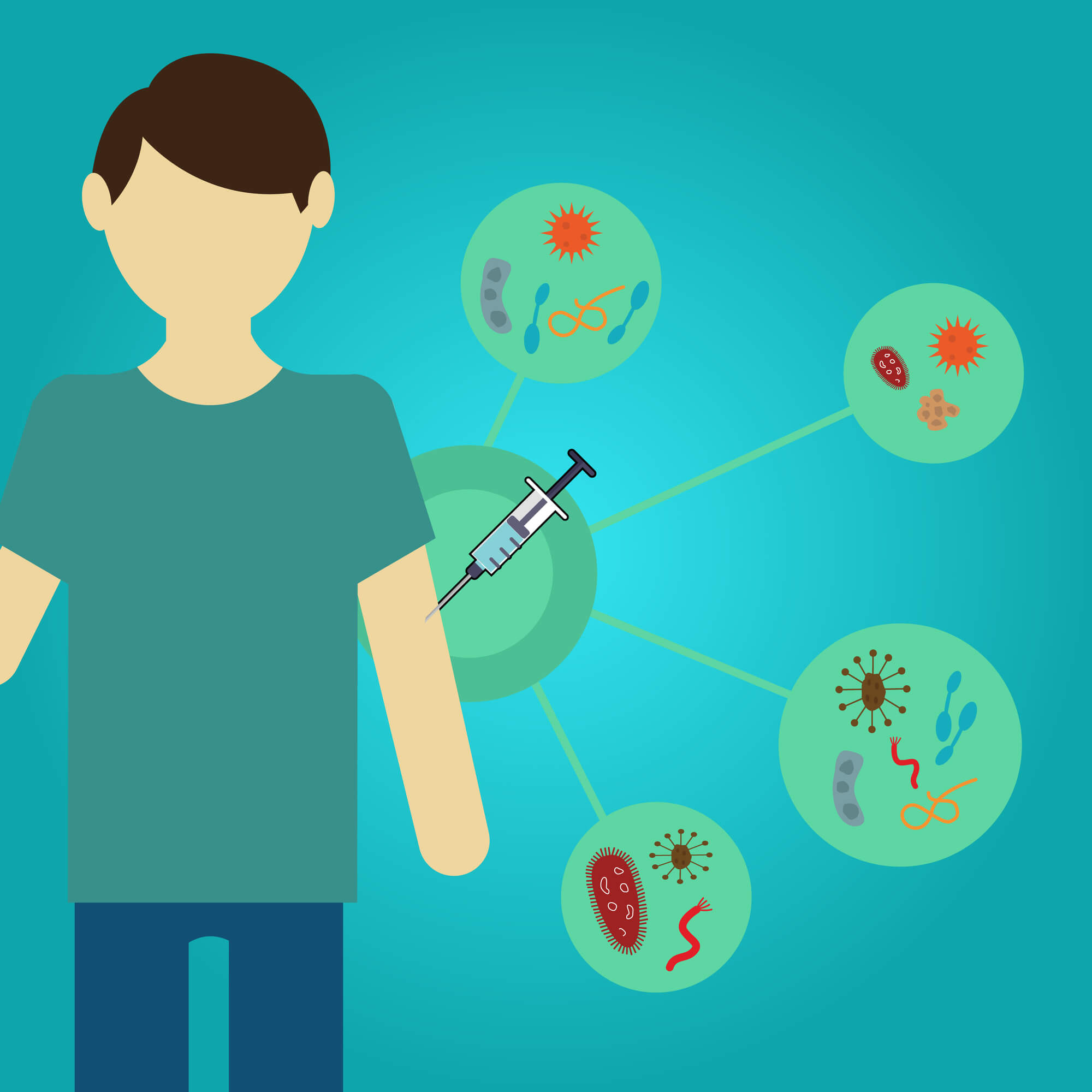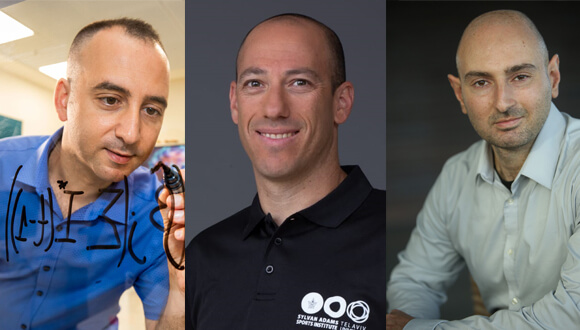Modern technology will make it possible to determine the safety of vaccines using smart sensors

Many, many people hesitate about using a new product that has entered the market and prefer to receive recommendations from those who have already experienced it. All the more so when it comes to medicines and vaccines. Today, the clinical studies to test the safety of a new vaccine rely on subjective reports of the subjects, which naturally may cause the research to be biased. A new study by Tel Aviv University makes it possible for the first time in the world to determine the safety of new vaccines using smart sensors and according to objective physiological parameters. According to them, when relying on physiological and objective data fed through sensors that are attached to the body - the results are clear and unequivocal.
The end of the era of self-reporting
In the current study, the team of researchers was able to prove that the effectiveness of a new vaccine can be tested using smart sensors. The study was conducted while receiving the second corona vaccine. The study was conducted under the leadership of Dr. Yeftah Gaffner from the Department of Epidemiology and Preventive Medicine at the Sackler Faculty of Medicine, Dr. Dan Yamin and Dr. Erez Shmueli From the Ivy and Alder Fleishman Faculty of Engineering. It was published in the journal Communications Medicine from Nature.
"In the currently accepted method, clinical studies designed to evaluate the safety of a treatment or a new vaccine are conducted using self-report questionnaires. The researchers ask the subjects how they feel before and after receiving the treatment or vaccine. Of course, this is a completely subjective report. "Even when Pfizer and Moderna developed the vaccine against the new corona virus, they still proved its safety through self-reporting," explains Dr. Gefner.
The researchers equipped the volunteers with innovative, FDA-approved sensors from the Israeli Biobit company, which were attached to their bodies and tested their physiological reactions one day before receiving the vaccine and three days after. These sensors monitor 13 physiological indicators such as heart rate, breathing rate, saturation (oxygen in the blood), heart beat volume, temperature, cardiac output and blood pressure. The results were surprising: on the one hand, the researchers identified a significant lack of connection between the subjective reports of the side effects and the actual measurement. For example, subjects who testified in questionnaires that they had a headache even though they didn't really have a headache and others who said they didn't sleep all night, even though they actually slept for eight hours straight.
In addition, they found that the side effects increase in the first 48 hours and then return to the pre-vaccination norm. That is, through a direct assessment of the safety of the vaccine, it can be said that there is a physiological response to the vaccine in the first 48 hours, after which the values stabilize back.
"The message that emerges from our research is clear," concludes Dr. Gefner. "In 2022, it's time to conduct a continuous, sensitive and objective test of the safety of vaccines and new treatments. There is no reason to rely on self-reports, and there is no reason to wait for the appearance of rare side effects such as myocarditis, myocarditis, an event that happens once in 10,000. After all, it is possible to find preliminary signs of inflammation using advanced sensors, thus identifying to what extent the vaccine changes physiological indicators and the risk of inflammation. On the other hand, when subjects are invited to the clinic and their blood pressure is checked, their blood pressure probably rises because they are stressed by the situation. Continuous measurement at home solves these problems through simple, convenient, cheap and accurate monitoring. This is the medicine we aspire to in 2022."

More of the topic in Hayadan:
- "The higher the response rate to routine vaccinations, the lower the mortality rate from corona"
- For the first time, parents who are not "vaccine opponents" and who usually vaccinate their children according to the routine vaccinations, hesitated or refused to vaccinate their children this time
- Behind the phenomenon of resistance to vaccines are complex personality characteristics and persistent social mistrust
- Rules of the Game
- A high and dangerous concentration of polluting drugs in the world's rivers, including the Israeli Alexander River
